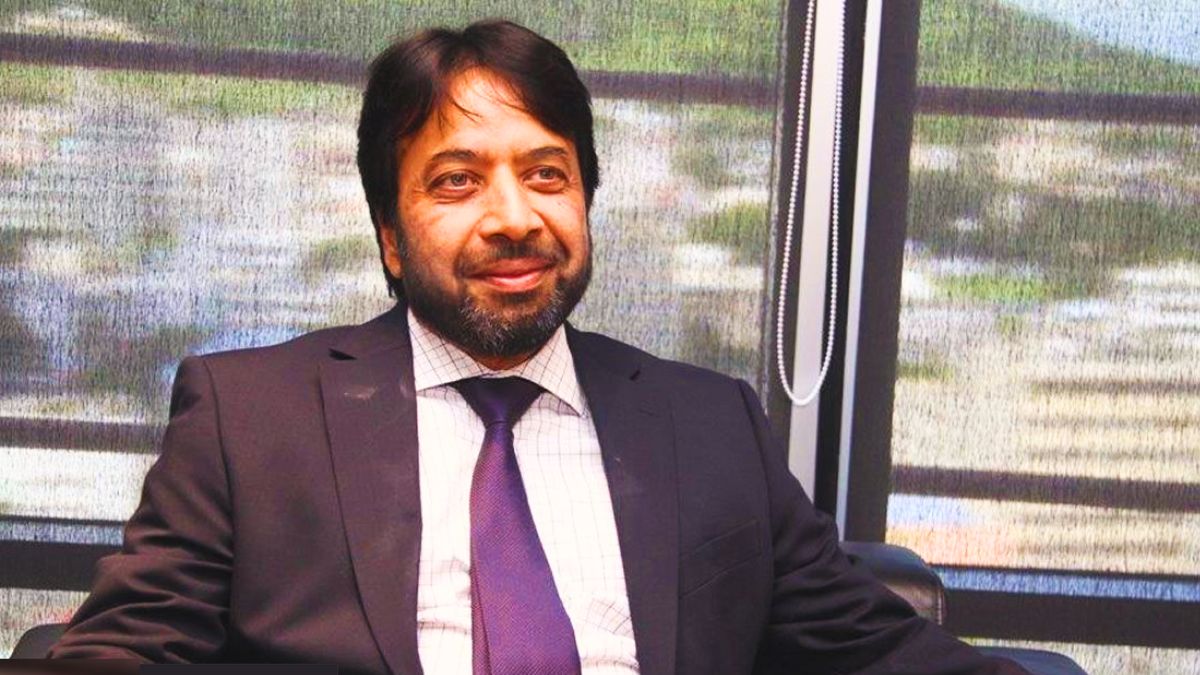Opinion
How Short Prison Sentences Are Fueling a 70% Recidivism Crisis

Former Director of Public Prosecutions Satyajit Boolell has called for a radical overhaul of Mauritius’s penal system, urging a shift away from short-term prison imprisonment and towards new alternatives to reduce reoffending.
In his August 2025 newsletter, Boolell, now Chairman of the National Human Rights Commission, highlighted three major concerns: a rising number of young people in prison, the fact that most inmates serve short sentences of four to six months, and a recidivism rate exceeding 70%.
He argued that this high rate of reoffending shows a “flagrant disconnect” between the courts that hand down sentences and the prisons that hold offenders.
Boolell proposes a two-pronged approach to reform. First, he suggests restructuring district courts by introducing assessors from civil society to help magistrates better understand the context of each case.
Prisons: replacing the revolving door with a bridge
Second, he recommends that magistrates dedicate more time to in-chambers sessions, where they can review reports from probation officers and community police, who often have a deeper understanding of an offender’s background.
He also stressed the need for a continuous link between the court and the offender after sentencing, allowing judges to monitor progress and motivate individuals to reintegrate into society. This would give judges a way to assess the effectiveness of their sentences.
“We must replace the revolving door with a bridge,” Boolell concluded, “a bridge that leads from delinquency to reform, and from incarceration to contribution.”
Source: Defi Media











